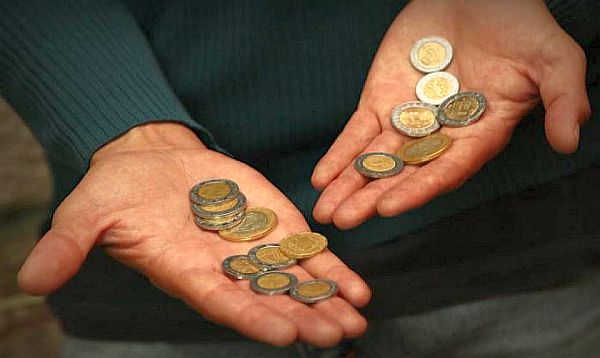New York - Mexico's minimum wage increased by almost 10% on Sunday, in a jolt to the system meant to stoke the poorest workers' buying power, which has been eroded by recessions and past bouts of high inflation.
But the prospect of higher earnings is doing little to dent pessimism among consumers, who head into the new year facing rising fuel costs, higher interest rates and a weakening peso that closed 2016 near record lows against the U.S. dollar.
Labor, government and business leaders on the Minimum Wage Commission agreed to raise the daily minimum wage to 80 Mexican pesos, or about $4, from 73 pesos, a break from a years-long custom in which annual increases were roughly in line with inflation.
The commission split the increase into two parts: Four pesos a day to restore purchasing power and on top of that 3.9%. Authorities hope the 3.9% will be used as the benchmark for other wage negotiations, avoiding the so-called lighthouse effect where minimum-wage increases fuel demands across the board and threaten an inflationary wage spiral.
Both the wage and fuel increases are inflationary, although overall prices shouldn't go up enough to wipe out the "very generous increase" in the minimum wage, said Alberto Ramos, chief Latin America economist at Goldman Sachs. With inflation likely to be somewhat above 4% in 2017, the lowest wage earners would still see a 4 percent to 5 percent pay raise, he added.
The minimum-wage increase followed several years of studies and discussions on the effect it could have on productivity, employment, and inflation.
Read the full article at wsj.com.


